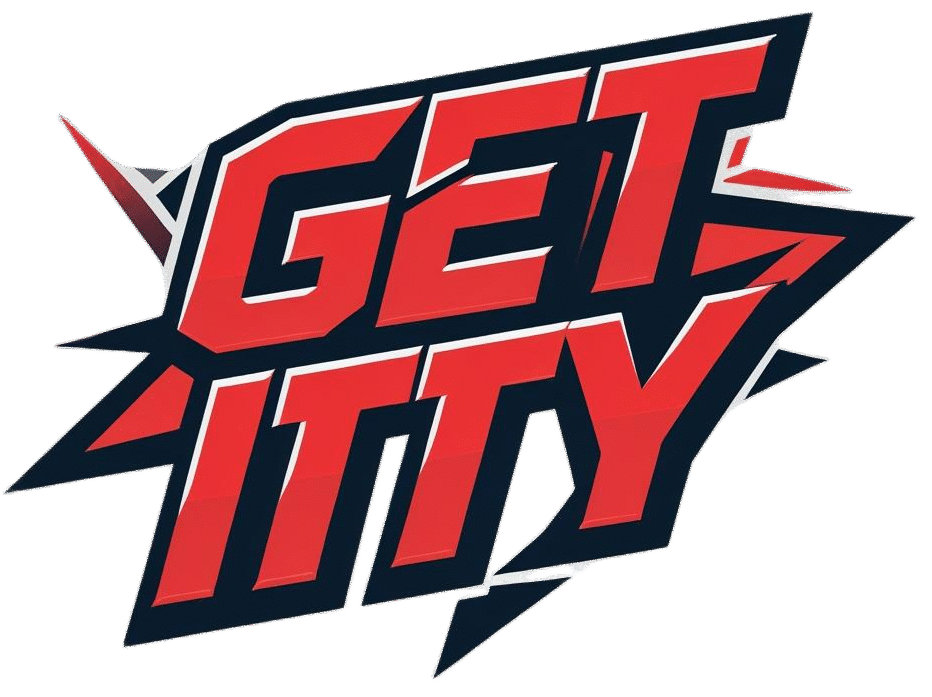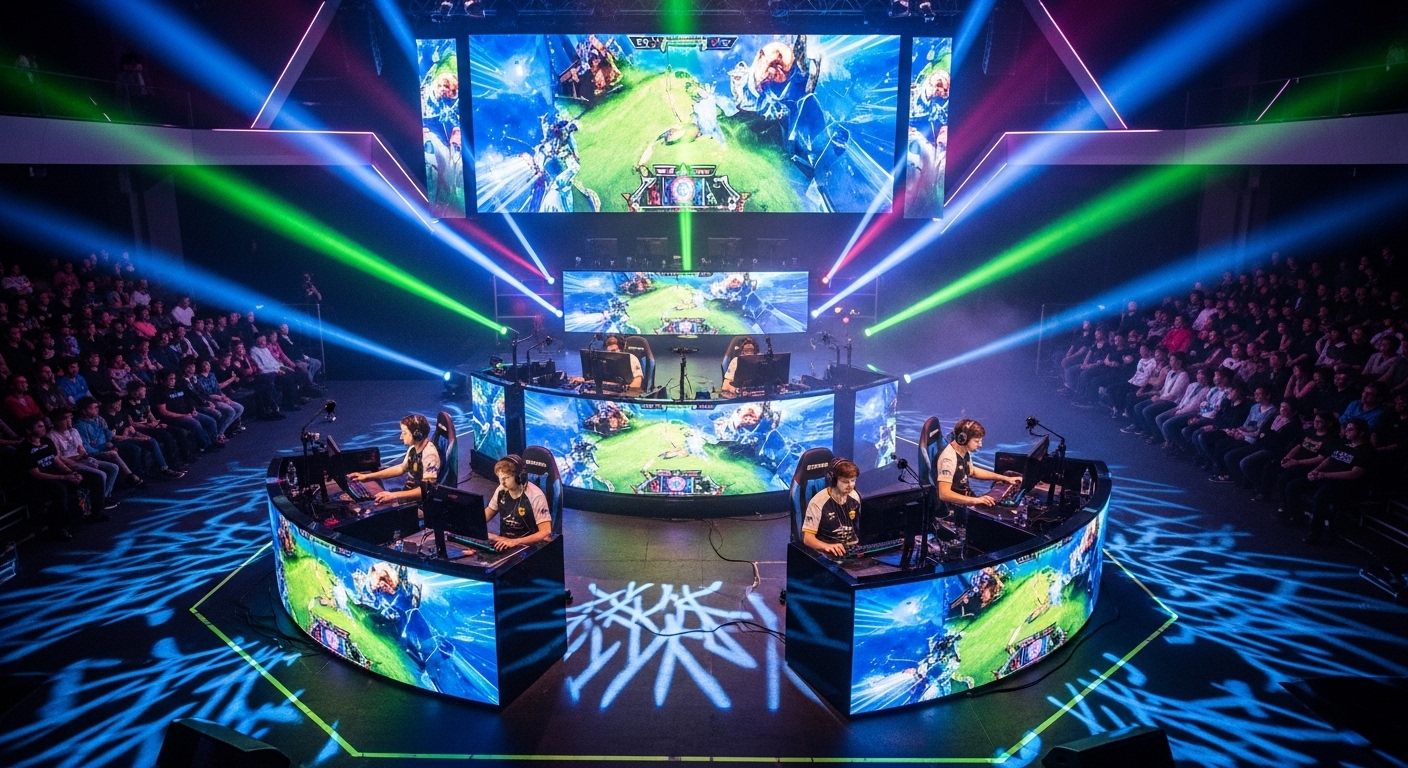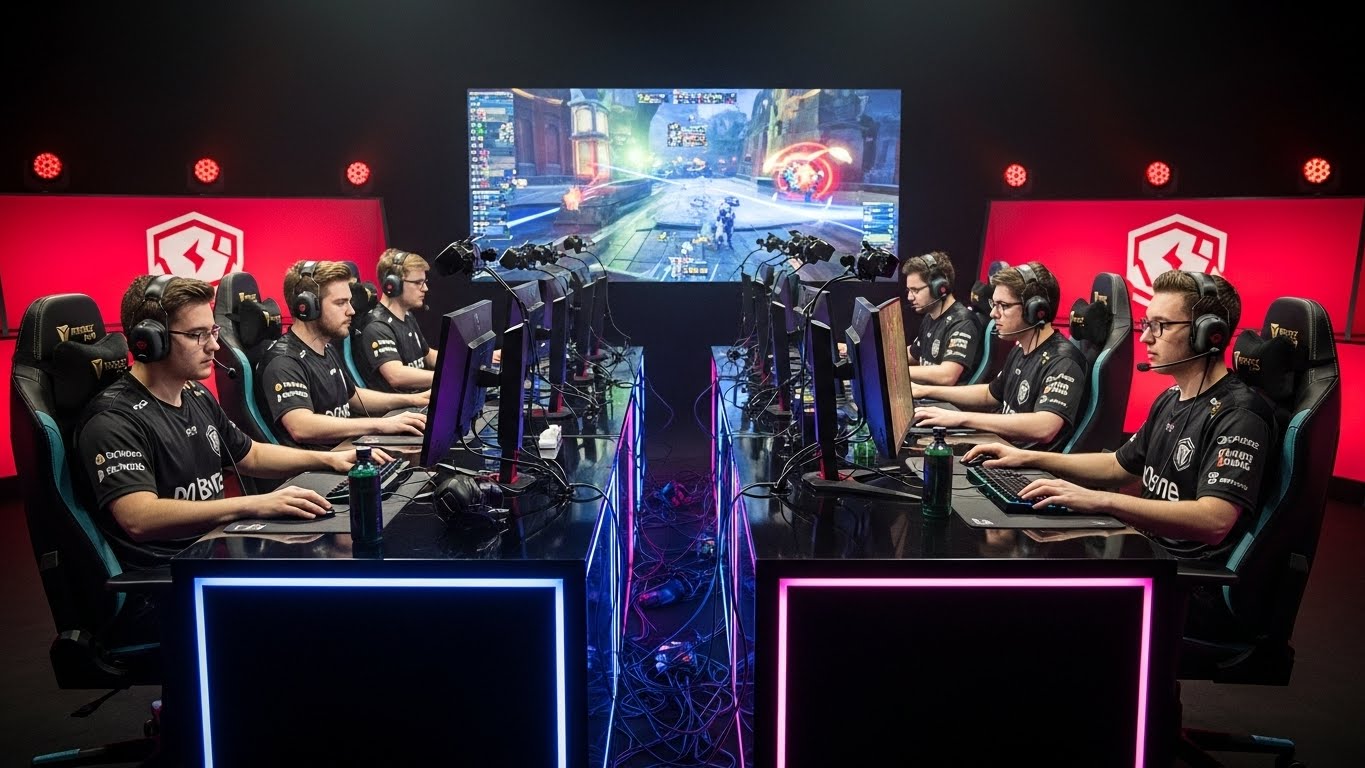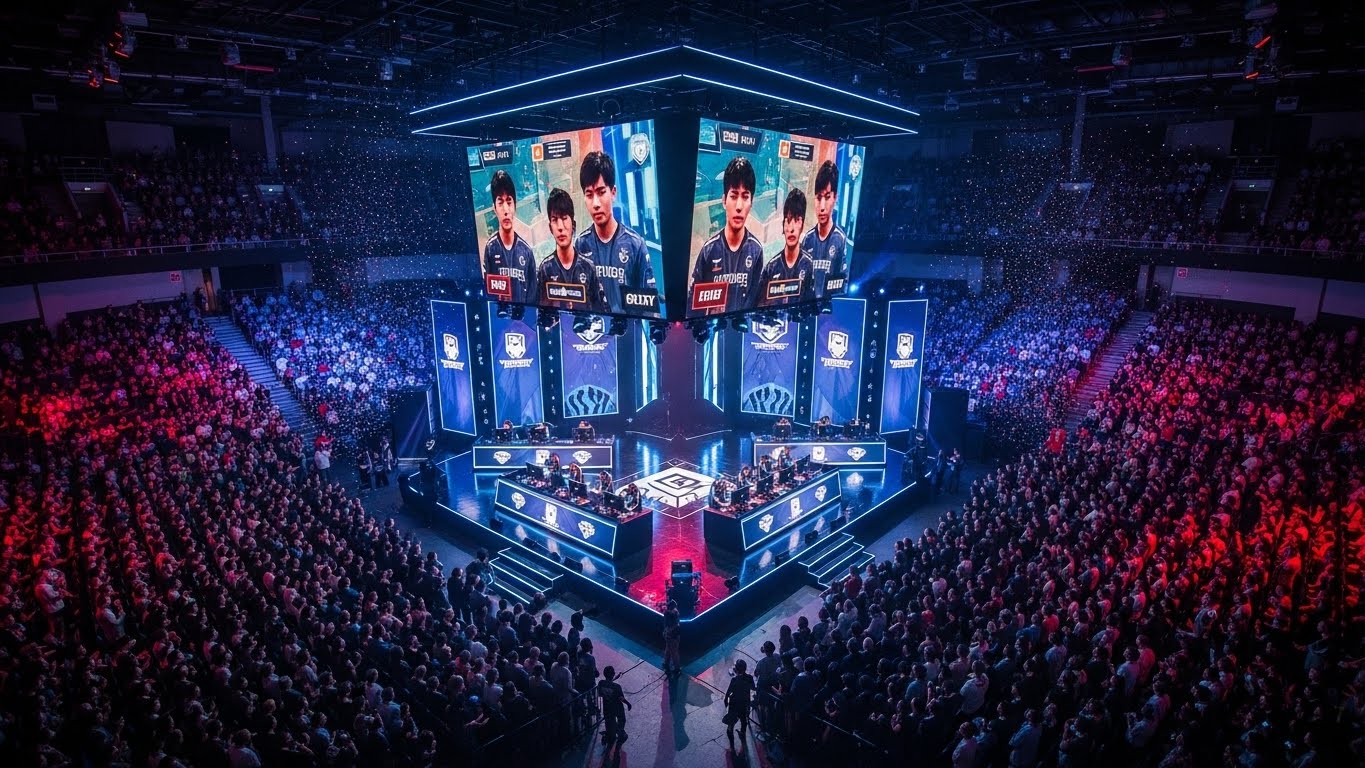Introduction
Esports, or competitive video gaming, has rapidly evolved from a niche hobby into a global phenomenon. What was once seen as a casual pastime is now a legitimate career path, attracting millions of viewers, sponsors, and professional players. With tournaments offering multi-million dollar prize pools and teams operating like traditional sports franchises, esports has firmly cemented itself in the entertainment industry.
The Growth of Esports
Over the past decade, esports has experienced explosive growth. Online streaming platforms have allowed millions of fans to watch games live, while social media has made it easier for communities to form around their favorite players and teams. Games like League of Legends, Dota 2, and Counter-Strike have become household names, creating competitive circuits that rival traditional sports leagues in both scale and revenue.
Professional Players and Careers
A career in esports is no longer limited to playing professionally. Players can become content creators, streamers, coaches, analysts, and even brand ambassadors. Professional gamers often dedicate years to training, following strict schedules similar to athletes in conventional sports. The industry has opened doors for young talents, providing opportunities for financial stability, global recognition, and personal growth.
Esports Tournaments and Events
Esports tournaments have become highly organized events with massive audiences both online and offline. The production quality rivals that of major sports broadcasts, complete with commentary, analysis, and live crowds. Annual events like the Fortnite World Cup and The International in Dota 2 showcase the competitive spirit and global appeal of esports, attracting fans from all corners of the world.
Impact on Culture and Society
Esports has influenced modern culture in ways that extend beyond gaming. It has inspired fashion trends, music collaborations, and even educational programs focused on game design and strategy. Universities now offer scholarships for esports athletes, and schools are incorporating competitive gaming into their extracurricular activities. This acceptance demonstrates that esports is more than entertainment—it is a cultural movement.
Challenges and Criticisms
Despite its rapid growth, esports faces challenges. Concerns around mental health, burnout, and work-life balance for professional players are prevalent. Additionally, there is ongoing debate about the legitimacy of esports compared to traditional sports. Nonetheless, the industry continues to evolve, addressing these issues through player welfare programs, regulations, and community initiatives.
The Future of Esports
The future of esports is promising. With advancements in technology, virtual reality, and mobile gaming, the competitive landscape is set to expand even further. Esports has the potential to become a staple in mainstream entertainment, drawing in audiences of all ages and backgrounds. Its continued growth signifies a shift in how the world perceives sports, competition, and digital culture.
Conclusion
Esports is no longer just a game—it is a global movement that is reshaping entertainment, culture, and professional opportunities. As technology advances and the community grows, esports will continue to challenge traditional notions of sports and redefine what it means to compete in the modern world. The journey of esports is just beginning, and the next level promises to be even more exciting.



